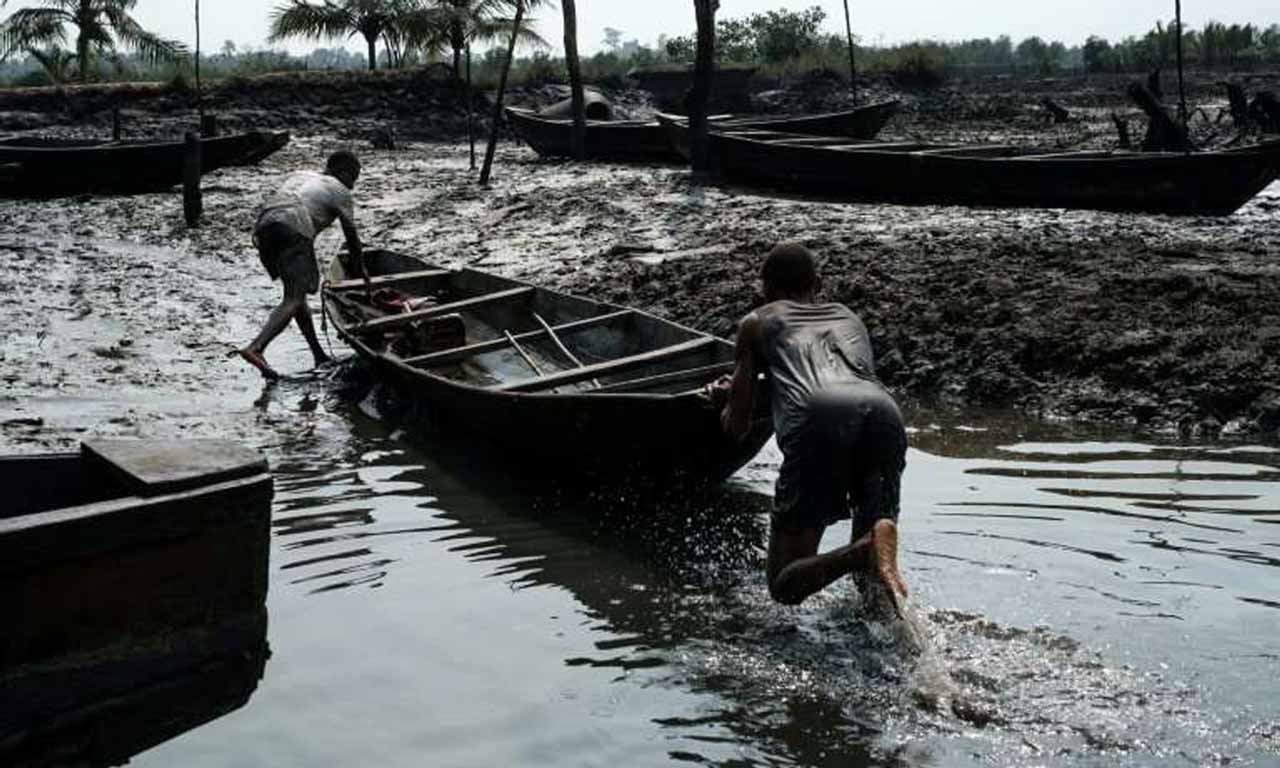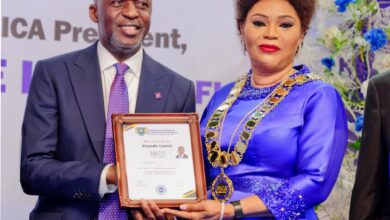
By ;Kalugbene Mcdominic
The Chairman of the Ogoni Welfare Association (OWA) Lagos ,Engr. Nwinmene Migah
has made a solemn reminder for the Nigeria government to revisit the Bill of Rights which has been consistently sidelined for years.
According to a statement during the 30th anniversary memorial service of OWA held on November 16,2025 in Lagos
Migah while emphasizing that the respect shown to the Ogoni martyrs, true and adequate compensation for their sacrifices remains far from realized.
He highlighted that the Nigerian government still owes significant reparations to the Ogoni people, noting that the Ogoni Bill of Rights has been consistently sidelined in all ongoing negotiations.
The Chairman further stated that the current efforts to resume oil production in Ogoni land are premature and may not be feasible at this time.
Acknowledging progress, he appreciated the ongoing process of rebuilding trust and celebrated the return of democratic governance in Rivers State.
The Chairman called on the Rivers State Governor to stand firmly with the Ogoni community in resisting any covert attempts to restart oil extraction without proper adherence to the original Ogoni Bill of Rights, which was signed by the President
He concluded by expressing gratitude to Almighty God for the strength and resilience given to the Ogoni people throughout their struggle.
The Ogoni Bill of Rights, presented in November 1990 by the Movement for the Survival of Ogoni People (MOSOP) under the leadership of Ken Saro-Wiwa, is a foundational document demanding political, economic, social, and environmental justice for the Ogoni people of Nigeria.
It calls for political self-determination and control of Ogoni affairs by the Ogoni people themselves.
The Bill demands the fair use and control of at least fifty percent of Ogoni resources for local development, along with adequate and direct representation in all Nigerian national institutions.
The Bill also demands the protection of the Ogoni environment and ecology from further degradation caused by oil exploitation, which has led to extreme poverty and environmental damage in a region rich in natural resources. It highlights issues such as lack of basic infrastructure—no pipe-borne water, electricity, or job opportunities—and the neglect of educational, health, and social facilities.
The Ogoni people decried their marginalization and injustices by successive Nigerian governments, asserting the right to cultural development, religious freedom, and environmental protection while affirming their commitment to peaceful and lawful struggle for social justice.
This Bill of Rights has been sidelined in negotiations, and the recent statement by the Chairman of the Ogoni Welfare Association Lagos reiterates that the Nigerian state still owes the Ogoni people true respect and compensation for their sacrifices, and that any oil resumption efforts must fully consider the original Ogoni Bill of Rights to protect their rights and environment.











iv2xm8